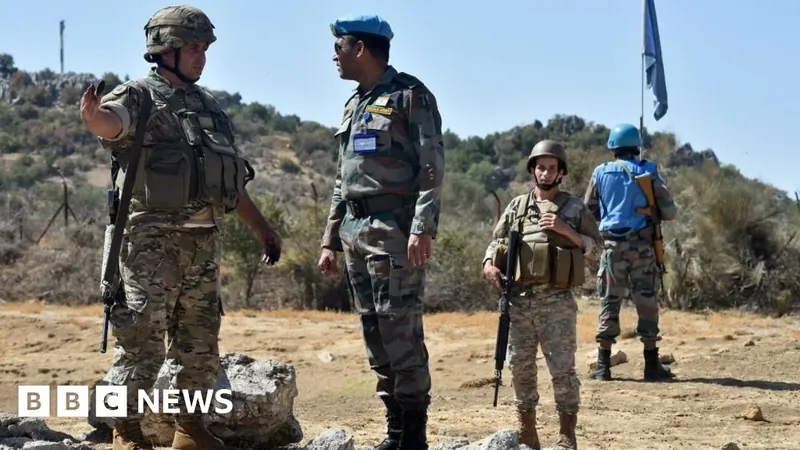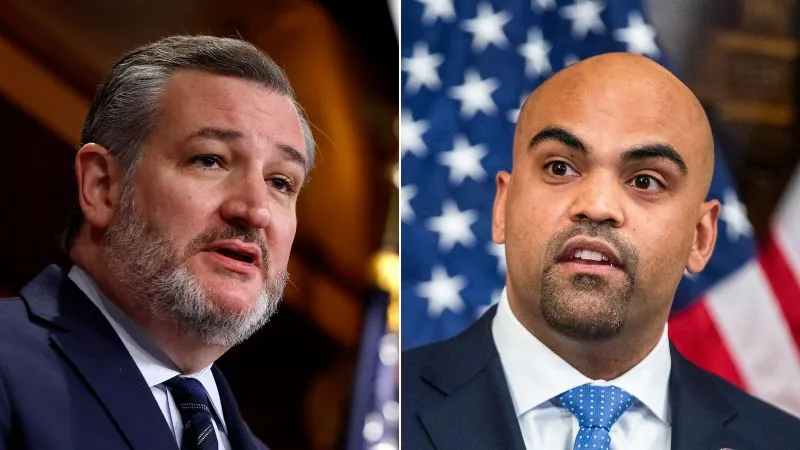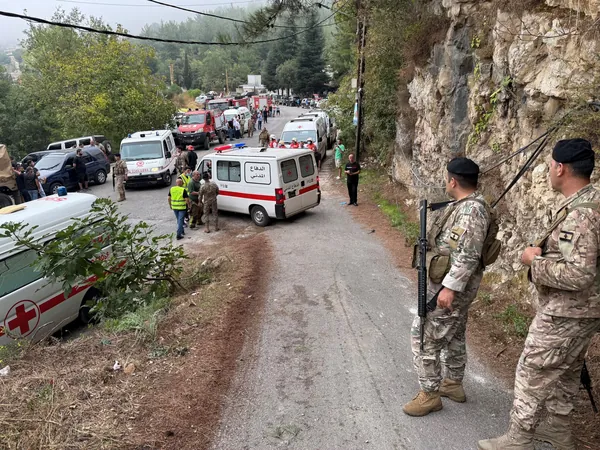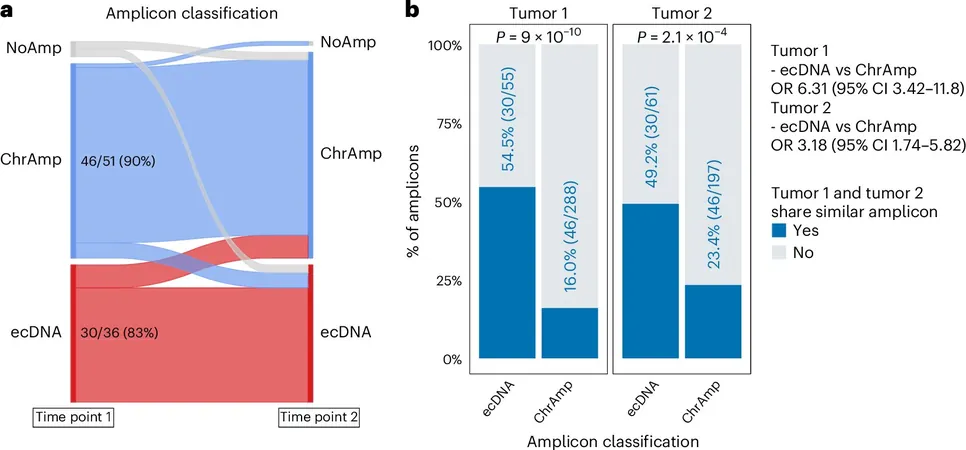
Rising Tensions: Israel's Distrust of UN Peacekeepers in Southern Lebanon Explodes
2024-10-15
Author: Sophie
Tensions Between Israel and the UN
Tensions between Israel and the United Nations over its peacekeeping activities in southern Lebanon have surged recently, revealing deep-rooted mistrust that has grown over many years.
UNIFIL's Role and Israel's Demands
The latest episode in this fraught relationship involved Israeli Prime Minister Benjamin Netanyahu's controversial demand for the United Nations Interim Force in Lebanon (UNIFIL) to withdraw from “combat areas.” This demand was promptly rejected by the head of UN peacekeeping operations, highlighting the ongoing friction between Israel and the international body.
UNIFIL was established in 1978 after Israel's invasion of southern Lebanon, with its mandate expanded in 2006 following a war between Israel and Hezbollah. Since then, UN peacekeepers have been tasked with monitoring the volatile border known as the "Blue Line"—a 120 km (75-mile) demarcation between the two nations. Their responsibilities also include demining operations, which have seen them clear over 51,000 mines and unexploded ordnance from more than 5 million square meters of land.
Accusations Against UNIFIL
However, Israel has long accused UNIFIL of woefully failing in its additional duty to enforce UN Security Council Resolution 1701, which aimed to create a demilitarized zone in southern Lebanon, free from any armed entities apart from the Lebanese army. Israel's criticism of UNIFIL gained momentum this week, as cabinet minister Eli Cohen described it as a “useless force” that has failed to curb Hezbollah's power, which has essentially blossomed into a force larger than the official Lebanese army.
Hezbollah, branded a terrorist organization by Israel, the United States, the UK, and others, has reportedly continued to regroup and rearm, all while operating largely out of sight of UNIFIL's monitoring efforts. Pro-Israel advocacy group UN Watch further escalated tensions, asserting that UNIFIL has allowed Hezbollah to build offensive tunnels and deploy missiles in civilian areas without intervention.
Netanyahu's Alarming Claims
Netanyahu's recent remarks directly addressed UN Secretary-General Antonio Guterres, claiming that Hezbollah is using UN personnel as "human shields." The Prime Minister's alarming assertion is backed by a series of recent incidents where Israeli gunfire has impacted clearly marked UNIFIL positions, with five peacekeepers injured following Israeli operations in early October.
Call for UNIFIL Evacuation
Israel’s military has stated that these incidents are regrettable, calling for UNIFIL to evacuate conflict-prone areas to mitigate risks. However, this plea has been firmly dismissed, with UNIFIL insisting that its presence is crucial for regional peace.
Increasing Violence in Gaza
Complicating matters further, the UN Security Council has called for respect towards UNIFIL personnel amidst escalating violence in Gaza, where Israeli forces have intensified operations against Hamas in response to a brutal attack by the militant group. Reports suggest that upwards of 400,000 civilians in Gaza are now trapped in areas deemed unsafe, leading numerous human rights groups to issue scathing critiques of Israel’s military operations.
Israel's Perspective on Humanitarian Efforts
In stark contrast, the Israeli government insists that Hamas is obstructing civilian evacuation efforts and that humanitarian relief is being sent into the region despite claims of severe distress.
Longstanding Animosity and Future Uncertainty
Overall, the animosity between Israel and UN bodies appears to be a longstanding issue, compounded by recent events that have highlighted both military and humanitarian crises. As Israel takes unprecedented legal steps against the United Nations Relief and Works Agency (UNRWA), the future of Palestinian refugees and the broader peacekeeping mandate in the region remains bleak and uncertain. The escalating drama raises critical questions about the role of international organizations in conflict zones and their effectiveness in containing rising tensions, particularly in such a volatile region.









 Brasil (PT)
Brasil (PT)
 Canada (EN)
Canada (EN)
 Chile (ES)
Chile (ES)
 España (ES)
España (ES)
 France (FR)
France (FR)
 Hong Kong (EN)
Hong Kong (EN)
 Italia (IT)
Italia (IT)
 日本 (JA)
日本 (JA)
 Magyarország (HU)
Magyarország (HU)
 Norge (NO)
Norge (NO)
 Polska (PL)
Polska (PL)
 Schweiz (DE)
Schweiz (DE)
 Singapore (EN)
Singapore (EN)
 Sverige (SV)
Sverige (SV)
 Suomi (FI)
Suomi (FI)
 Türkiye (TR)
Türkiye (TR)